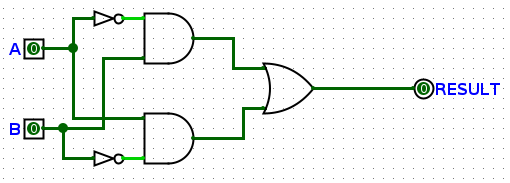6.828 不存在riscv64-linux-gnu-gdb
上课的时候发现老师使用的是 riscv64-linux-gnu-gdb 但实际操作发现不存在这个程序。
参照这个网页发现,Arch Linux 装的是 riscv64-linux-gnu-gdb 。
而 Debian or Ubuntu 装的是 gdb-multiarch。
启动gdb-multiarch 发现没有装载文件。
参照这个网页 发现需要远程连接GDB服务器。
服务端:
1 | cd xv6-labs-2023 |
客户端:
1 | cd xv6-labs-2023 |
然后在客户端的的GDB 中输入 target remote localhost:260000 连接服务端。


